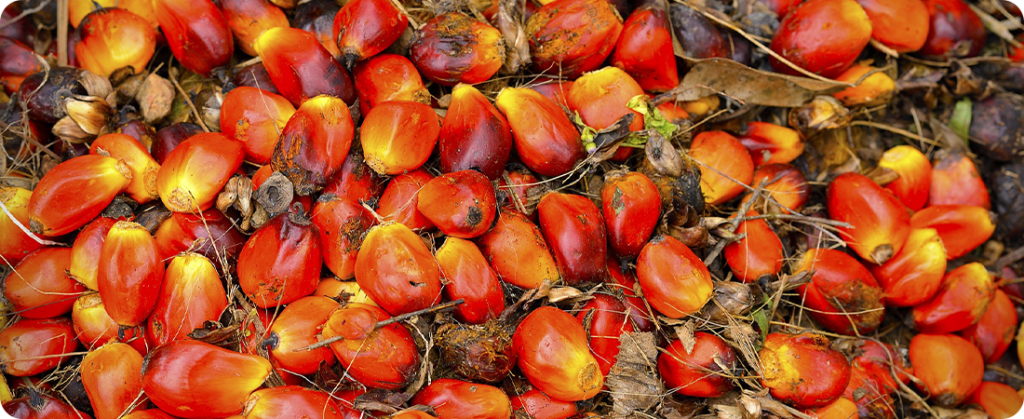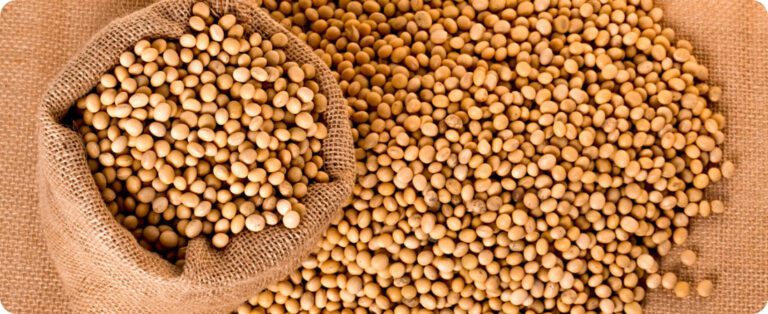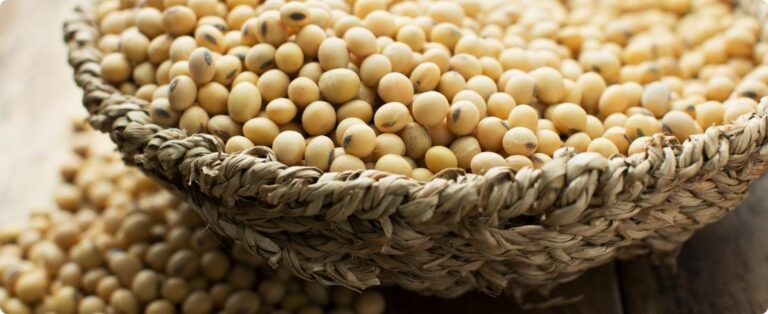
The RSPO (Round Table on Sustainable Palm Oil) is an international organization. Its objective is to promote the cultivation of Palm oil in an environmentally responsible manner. Furthermore, it seeks social benefits and economic viability.
The RSPO Certificate, therefore, refers to a certification that validates that palm oil-related products were produced with sustainable raw materials. In fact, palm oil is a common ingredient in a wide variety of products, from foods to personal care and cleaning products.
How did RSPO come about and what is its objective?
RSPO started in 2004. A group of stakeholders from industry and NGOs came together. Their goal was to offer a responsible model. This model aimed to properly manage palm oil plantations.
The table is a voluntary organization that brings together the seven groups associated with palm oil production: producers, processors and traders, consumer product manufacturers, retailers, banks and investors, as well as socio-environmental NGOs.
The organization raises awareness and monitors the Palma chain with this objective, and it was at this juncture that it created the certification. RSPO certification is based on compliance with each step of the supply chain eventually.
During an RSPO audit, prior to certification, auditors analyze your operational policies and processes to ensure the company's compliance with RSPO principles and criteria, which are:
- Adherence to local and international laws and regulations, with a focus on compliance.
- Demonstration of long-term commitment to economic and financial stability.
- Implementation of best agricultural and extraction practices by producers.
- Practice of environmental responsibility, covering the preservation of natural resources and biodiversity.
- Ethical consideration in relation to employees and the community impacted by production.
- Responsible management in the creation of new plantations.
- Continuous commitment to constant improvement.
Today, the RSPO certifies more than 20% of all palm production in the world, but we are seeing an increasing increase in demand for the certified product.
The work to promote sustainable practices, together with consumer pressure for change, is accelerating the certification and improvement process throughout the chain.
How does traceability work?
Plants certify all coordinates mandatorily from planting to processing, as they certify them. Companies that will use palm oil or its derivatives as an ingredient will continue to track the process from the moment they make sales until it reaches the shelves. This way, the end consumer will know that the entire process was carried out in a sustainable manner.
Where is all traceability carried out?
The RSPO created the PalmTrace platform to perform traceability, tracking the volumes produced, so that it can only sell once – as physical material or as RSPO credits.
For the certificate to be valid, all actors in the process must be certified and must register the entire commercial process in the PalmTrace system. Otherwise, the certificate will not be valid.
By: Thiago Prianti | Palm & Lauric Oils unit broker















